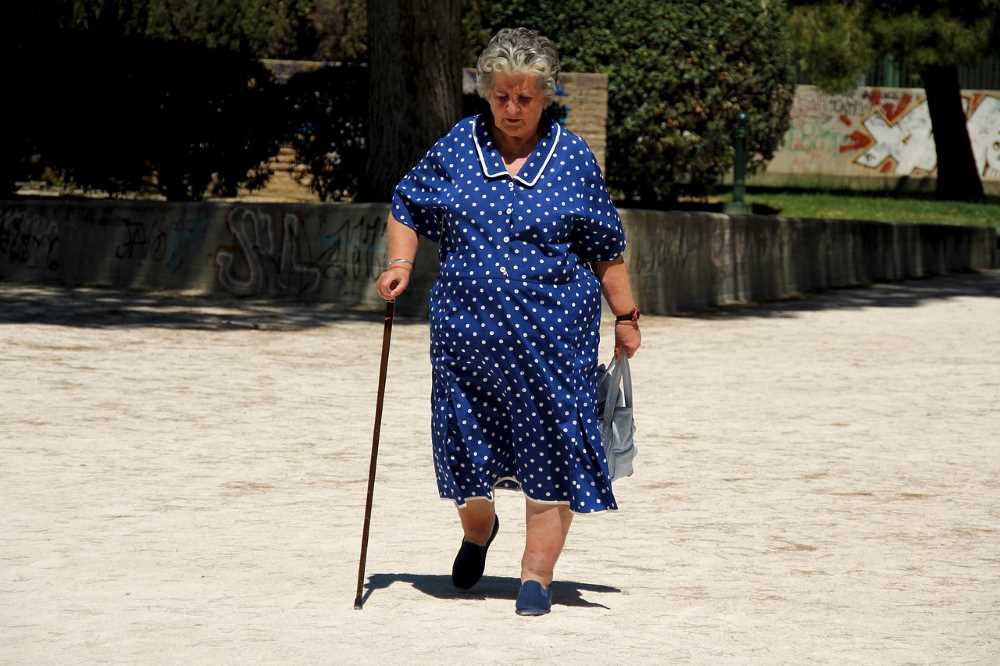How Mexico's Elderly are Making Waves in Policy and Perception
As we observe the demographic realities unfold, it is time that Mexican society, government, and institutions reframe their approach towards the elderly. Aging is not a burden but a natural life stage that we should prepare for, respect, and celebrate.

According to the National Survey of Occupation and Employment New Edition by Mexico’s National Institute of Statistics and Geography, as of the second quarter of 2022, nearly 18 million people aged 60 and over resided in the country. This accounts for a substantial 14 percent of Mexico's total population. However, the societal perspective and policies concerning the elderly are lagging. Guadalupe Cañongo León, an academic at the National School of Social Work, boldly declares: Mexico is officially an aging nation.
The demographic breakdown is noteworthy. Of the 14% that constitutes the elderly population, 13 percent are men, and 15 percent are women. Age-wise, a majority (56%) falls into the 60-69 age bracket. As age increases, the proportion shrinks, with 30 percent between 70 and 79 and just 14 percent aged 80 and over.




